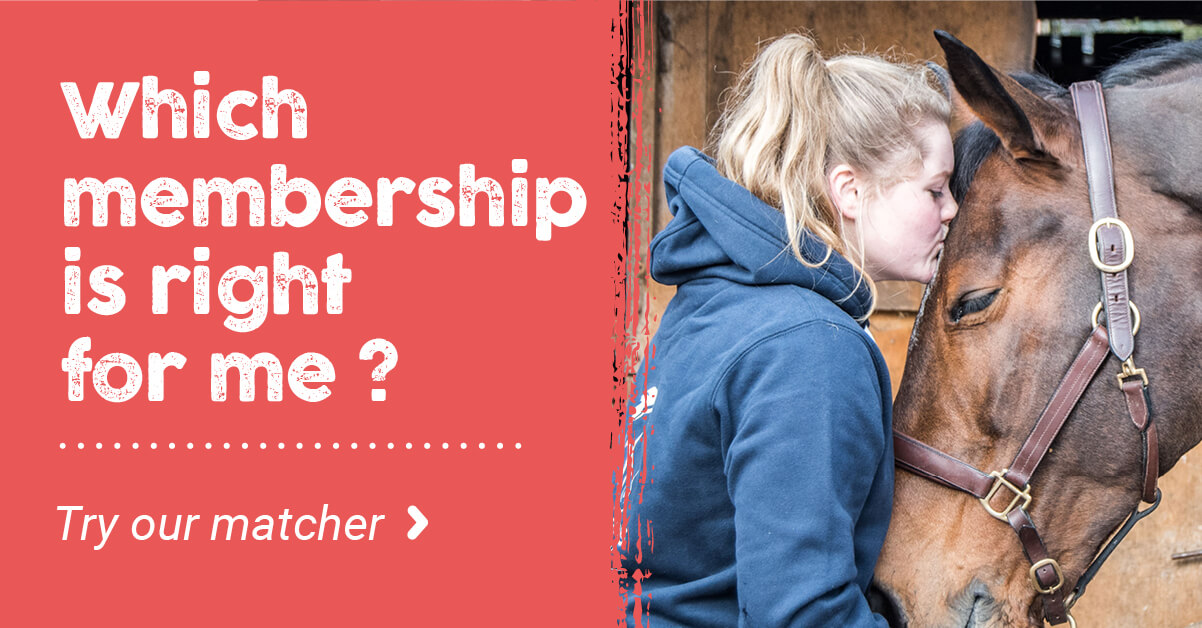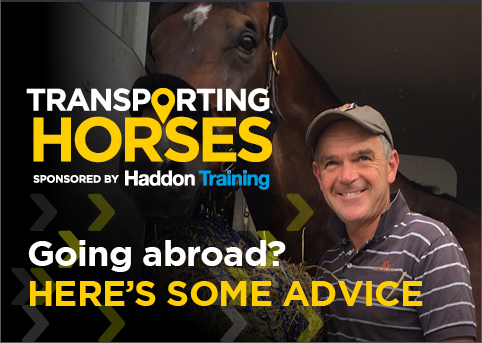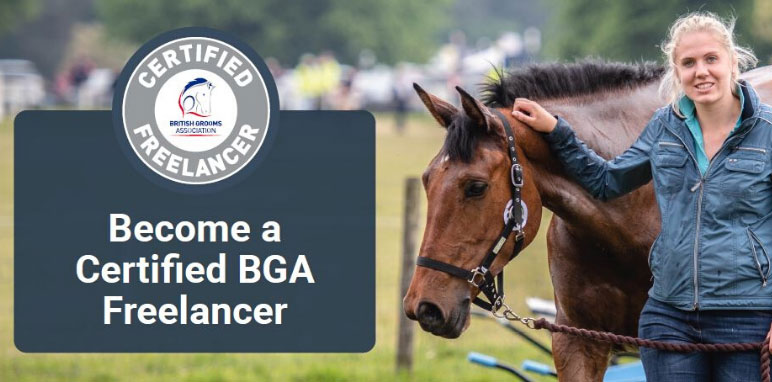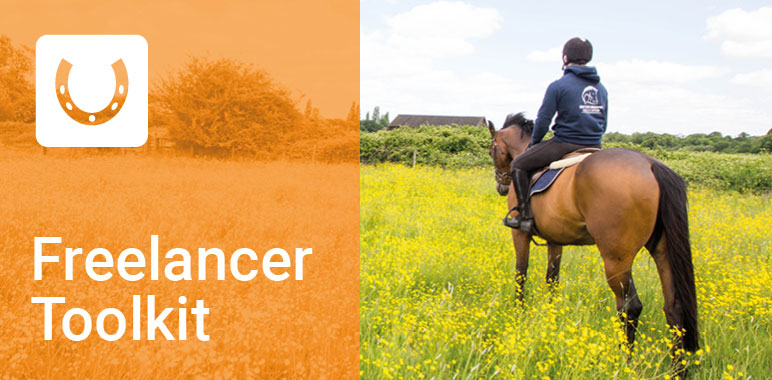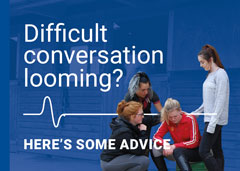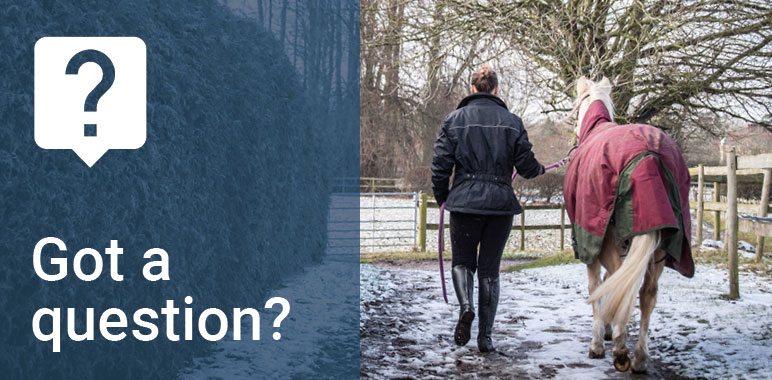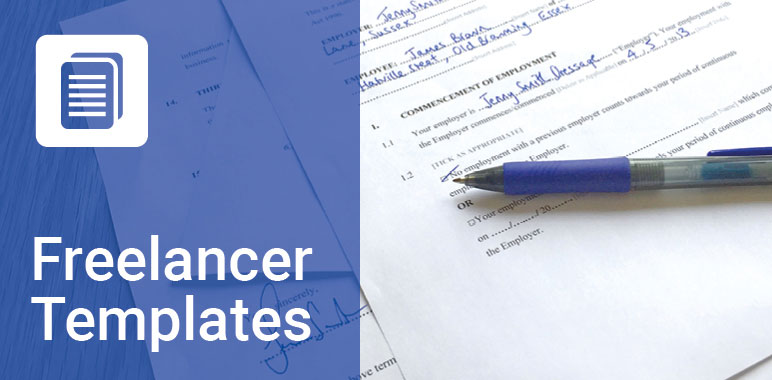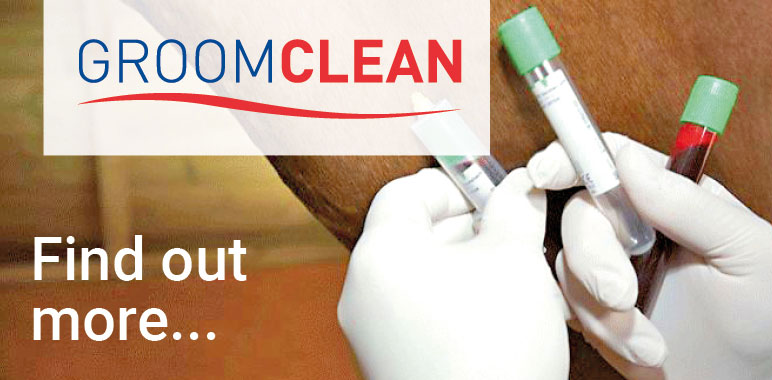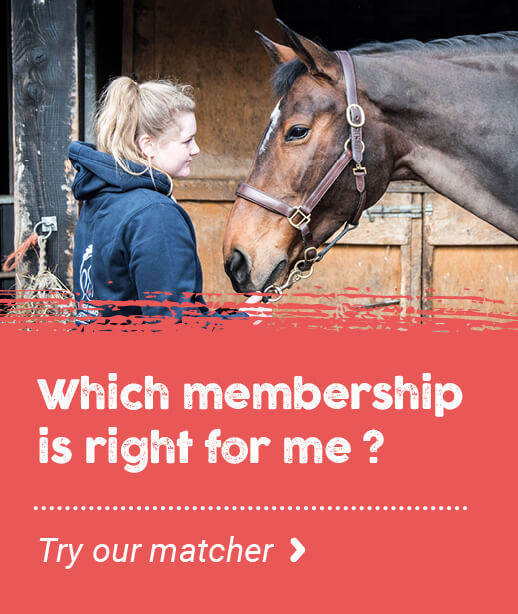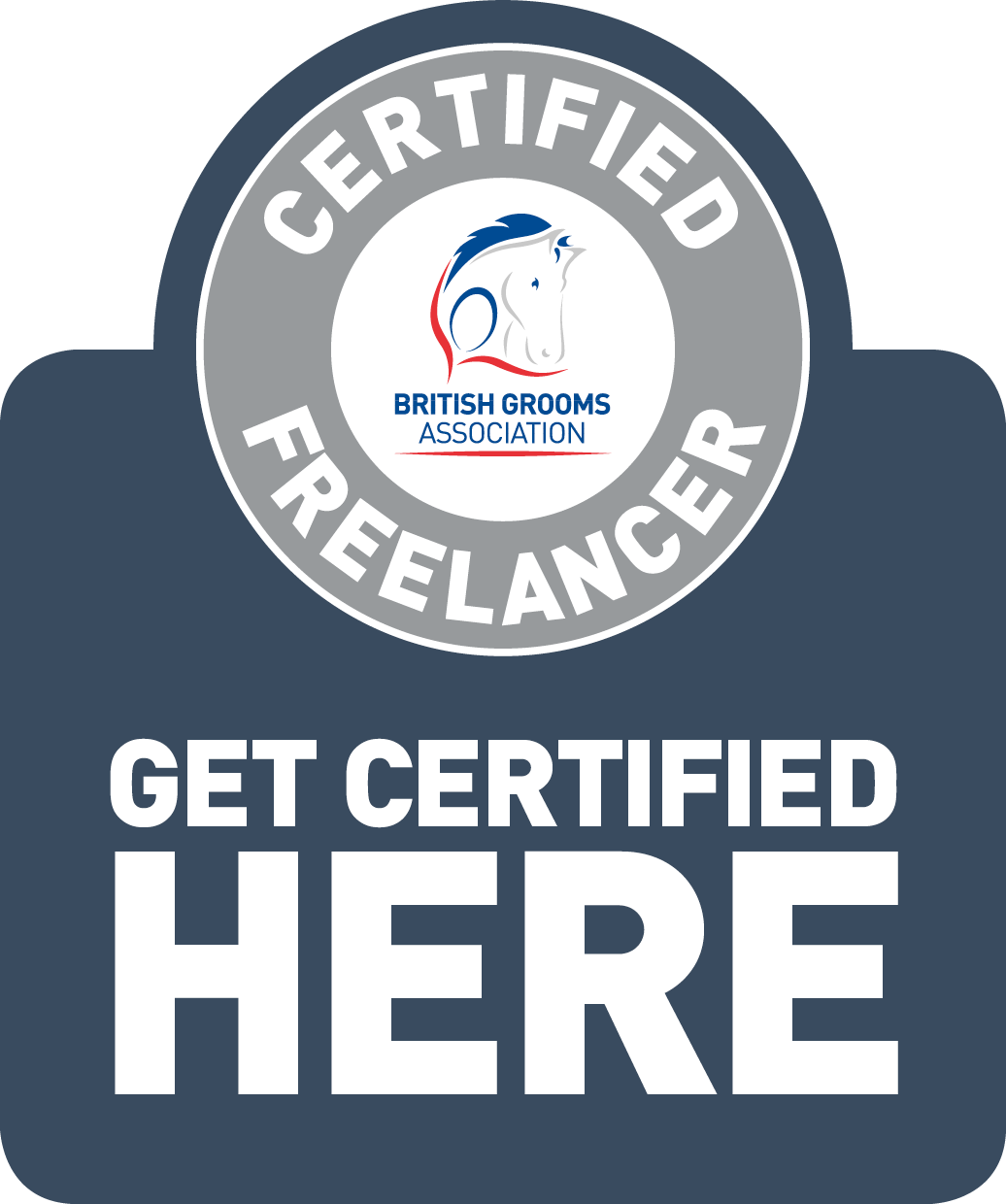- Join Now
- Login
- Member Zone
- Your Career
- Freelancing
- International Grooms Association
- BGA Training
- Healthy Yard Healthy Horses
- Transporting horses
- Brexit
- Safe workplace
- Student Zone
- Member Discounts
- BG Magazine
- Member services
- My employment
- Am I employed correctly
- Grooms Minds
- Safeguarding
- Legal Helpline
- BGA guide to the National Minimum Wage
- Training & Careers
- BGA CV Creator
- Horse groom training
- Where to Train
- BGA E Learning
- Career choices
- Change to Racing
- First Aid training for grooms
- Parents
- Grooms Jobs
- Grooms Life
- About
- News
- Contact

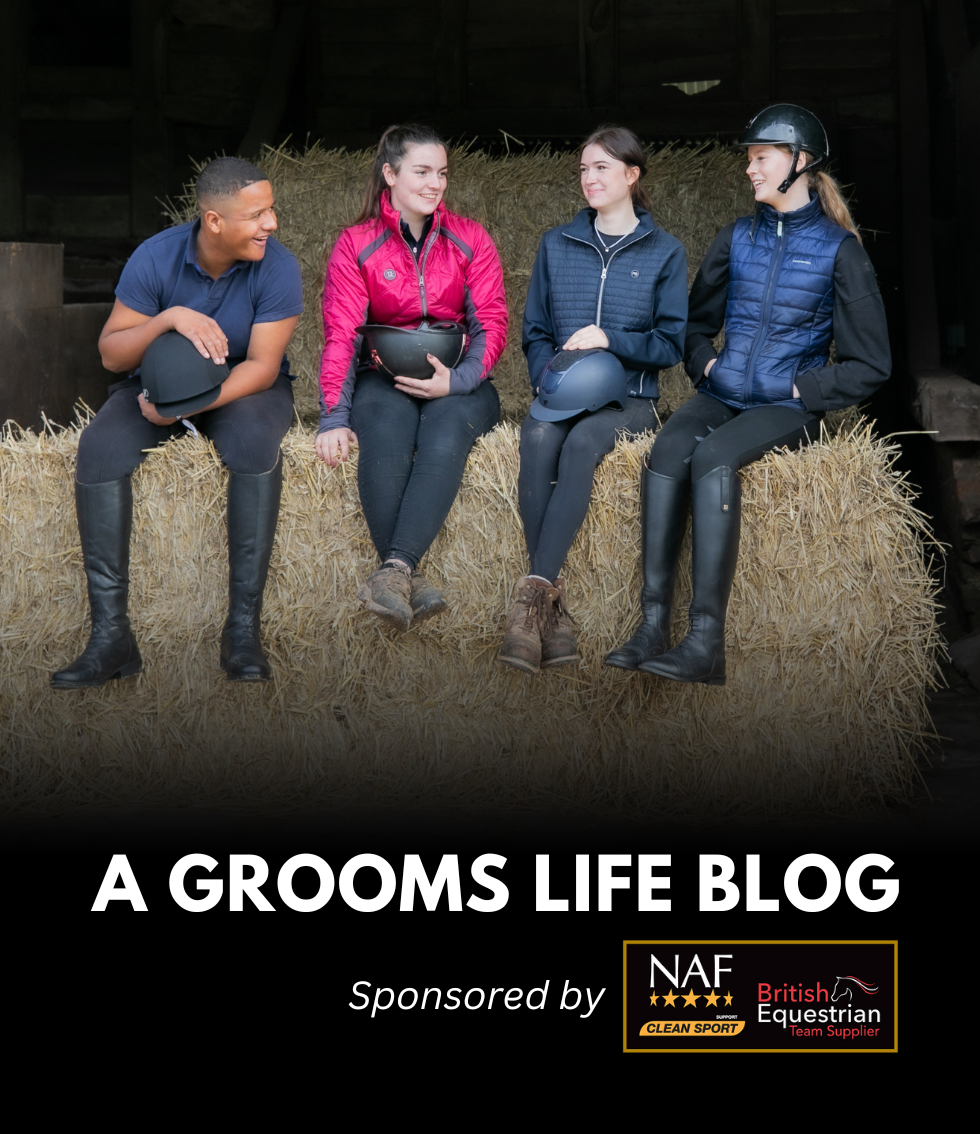
We all know horses and injuries go together, even if you aren't riding the risk of being injured on the yard is something we should all be aware of. But would you know what to do if someone was injured on your yard? We asked BGA sponsor, Medi-K Training to tell us some of the reasons why first aid training is so important. "First aid is not just about doing CPR and putting on a plaster. Neither is it just about injuries that need hospital care. Although all of these are crucial skills, I bet most of the injuries you’ve dealt with have been bruises, cuts and sprains. Knowing what to do for everyday injuries as well as the emergencies gives you confidence to deal with them. Here’s our 5 top reasons why you should do some first aid training. We run equestrian specific first aid courses covering all the topics above, both public and private courses throughout the UK. Our trainers are horse riders, trainers and owners themselves. FIRST AID TRAINING You can find out more about our range of courses via this link. Read more of our equestrian specific blogs on our website too!" Thanks to Ann of Medi-K Training for sharing this useful information with us. Even if you have had some form of first aid training in the past, can you be confident that if an accident occurred you would be able to apply the skills you learnt? Whether you are new to first aid or looking to brush up on your knowledge, first aid training is essential for anyone who works with horses. Medi-K run Equestrian specific first aid courses throughout the UK, including privately organised workshops. The Medi-K trainers are horse riders and owners themselves enabling them to provide equine specific, practical guidance. Find out more about Medi-K’s range of courses; firstaidtrainingcooperative.co.uk/equestrian Did you know BGA members have access to a bespoke online first aid course? This 'First Aid Essentials' e-learning course is FREE for BGA members, log into your account and find the course within the 'Training and careers' section. If you get injured and you are unable to work your income is likely to be reduced, or disappear completely if you are a freelancer. Protecting yourself is important, trust us, we hear about accidents all the time. Find out more about our groom specific insurance policies and how we can help to protect you. Join 1000’s of other grooms and belong to your professional association. The importance of first aid skills
6th June 2024
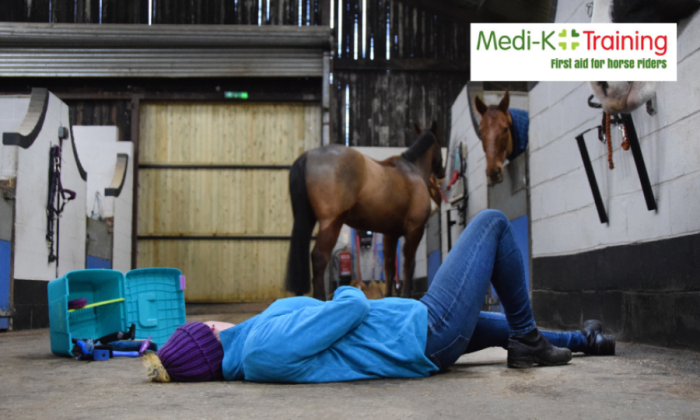
NEED TRAINING?

BOOK A COURSE
E-LEARNING
INSURANCE
Are you insured?
BLOG ARCHIVE
- 2025 (16 ENTRIES)
- 2024 (52 ENTRIES)
- 2023 (60 ENTRIES)
- 2022 (35 ENTRIES)
- 2021 (24 ENTRIES)
- 2020 (19 ENTRIES)
- 2019 (45 ENTRIES)
- 2018 (36 ENTRIES)
- 2017 (7 ENTRIES)
What the personal accident policy covers you for:
- Whilst at work
- All stable duties – mucking out, grooming, washing off, turning out
- Clipping
- Riding – including hacking and jumping
- Hunting
- Lunging
- Breaking in
- Holding horse for a vet and other procedures
- Travelling horses both in the UK and abroad
- Competing in line with your job including: jumping, dressage, eventing
- Injuries that may happen to you whilst you are teaching - but you must also be grooming as part of your duties and not be a sole instructor
What the personal accident policy doesn’t cover you for:
- Riding in a race, point to point or team chase
- Stunt Riding
- Accidents occurring whilst travelling to and from work
- Riding and competing your own horse (but you can upgrade when applying for membership to include this)
- Public Liability – this is a separate insurance policy - the Freelance Groom Liability Insurance
- Care Custody and Control – this is a separate policy - the Freelance Groom Liability Insurance
If you require additional cover then please contact KBIS directly.
| GROOM | RIDER | EMPLOYER | |
|
When you are working for other people you do most of the following; muck out, turn out/catch in, tack up, groom horses, exercise Horses (including hacking, jumping and schooling), in the care of your employer/client. |
|
|
|
| Predominantly ride horses for other people including schooling, exercising and competing. | NO |
YES |
YES |
| Provide grooming services for someone else either full time or on a freelance basis i.e. an employer or a client. | YES |
NO |
NO |
| Employ staff – have an employers liability policy in your name | NO | NO | YES |
| Buy and sell horses | NO | YES | YES |


